Results
-
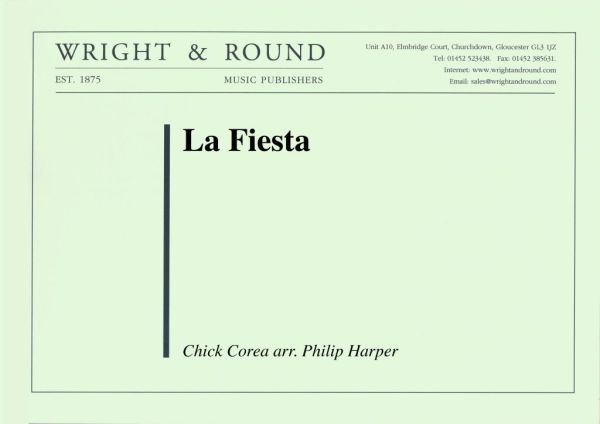 £40.00
£40.00La Fiesta (Score and Parts)
Chick Corea is an American pianist and composer of Sicilian and Spanish descent, whose long career in jazz music continues to this day. A member of Miles Davis's band in the 1960s, he formed his own band Return to Forever in the 1970s before establishing himself as one of the greats of modern jazz.La Fiesta was composed in 1972 and included on Return to Forever's debut album. The music is in one-in-a-bar waltz time and switches between Latin carnival-style and jazz waltz, with stand-up solos for cornet, baritone and tenor horn. This arrangement was performed as part of the Cory Band's winning Brass in Concertprogramme in 2012.
Estimated dispatch 7-14 working days
-
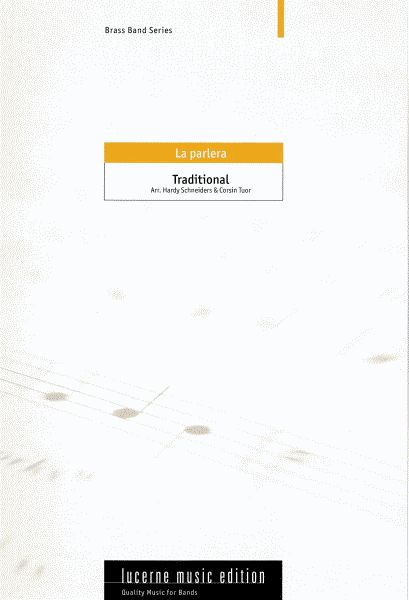 £31.50
£31.50La parlera (The gipsy woman)
La Parela is one of many merry and humourous folk melodies writen in the Rheato language, a traditional subfamily of the Romance languages that is spoken in north and north-eastern Italy and in Switzerland
Estimated dispatch 7-14 working days
-
£50.90
Let It Snow
Ironically, this song was written in California on one of the hottest days on record! First recorded in 1945 by Vaugn Monroe, it has since been recorded by artists such as Frank Sinatra, Andy Williams, Michael Buble and Rod Stewart.
Estimated dispatch 7-14 working days
-
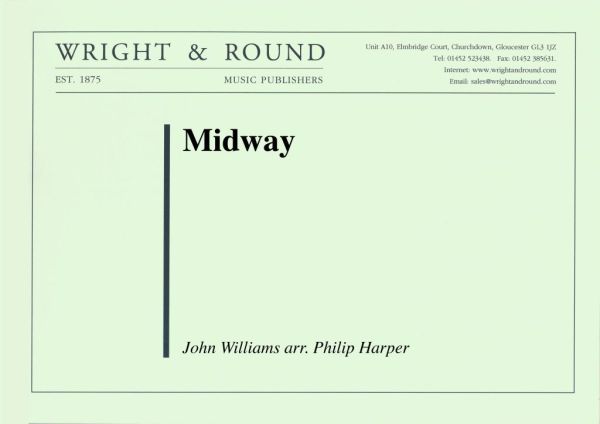 £40.00
£40.00Midway (Score and Parts)
A terrific march from the soundtrack of the 1979 movie about one of the greatest sea battles in history between the American and Japanese Fleets. Great sop part!
Estimated dispatch 7-14 working days
-
£20.00
Midway (Score Only)
A terrific march from the soundtrack of the 1979 movie about one of the greatest sea battles in history between the American and Japanese Fleets. Great sop part!
Estimated dispatch 7-14 working days
-
£74.95
Music for a Festival (Score and Parts)
This work was written as a commission by Boosey & Hawkes Band Festivals for the Youth Section of the National Brass Band Championships of great Britain 1985. In one continuous movement, it has three distinct sections: An opening extended fanfare which
Estimated dispatch 7-14 working days
-
£37.95
Music for a Festival (Score Only)
This work was written as a commission by Boosey & Hawkes Band Festivals for the Youth Section of the National Brass Band Championships of great Britain 1985. In one continuous movement, it has three distinct sections: An opening extended fanfare which
Estimated dispatch 7-14 working days
-
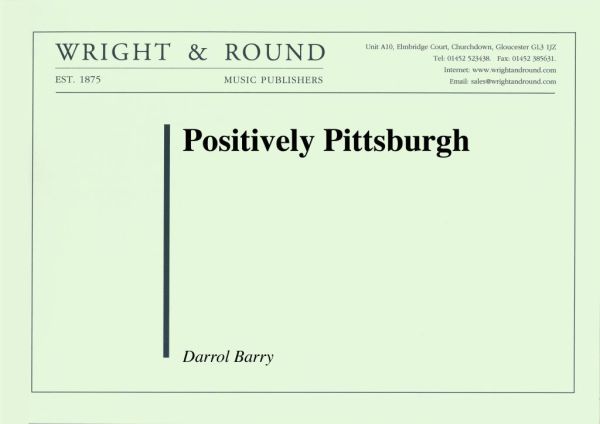 £35.00
£35.00Positively Pittsburgh (Score and Parts)
Composed for James Gourlay and the River City Brass Band, this piece has a driving energy in a quick compound time. There is a contrasting middle section, but valves will need to be well-oiled for this one -- exciting stuff!
Estimated dispatch 7-14 working days
-
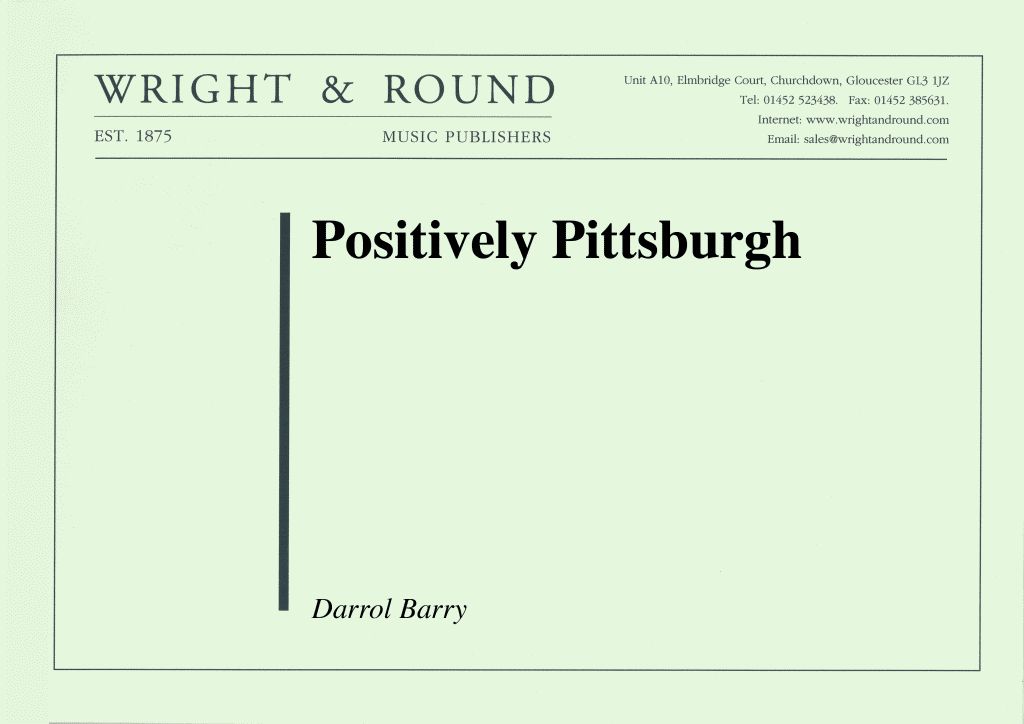 £18.00
£18.00Positively Pittsburgh (Score Only)
Composed for James Gourlay and the River City Brass Band, this piece has a driving energy in a quick compound time. There is a contrasting middle section, but valves will need to be well-oiled for this one ' exciting stuff!
Estimated dispatch 7-14 working days
-
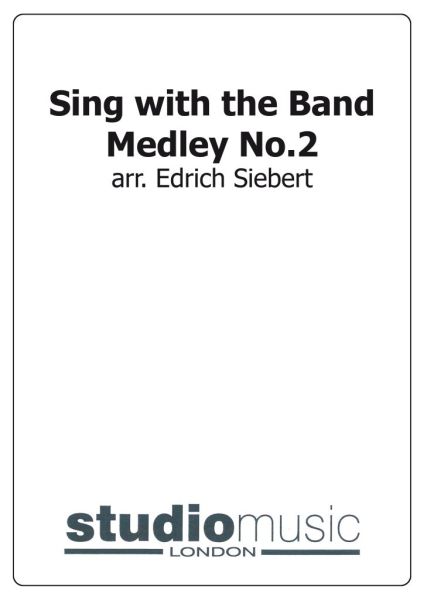 £39.95
£39.95Sing with the Band Medley No.2
Includes: Part 1: The Miller of The Dee; Some folks Do; All Through the Night; John Peel. Part 2: Early One Morning; My Bonnie Lies Over the Ocean; Cock Robin; Auld Lang Syne. Word Sheet included
Estimated dispatch 7-14 working days
